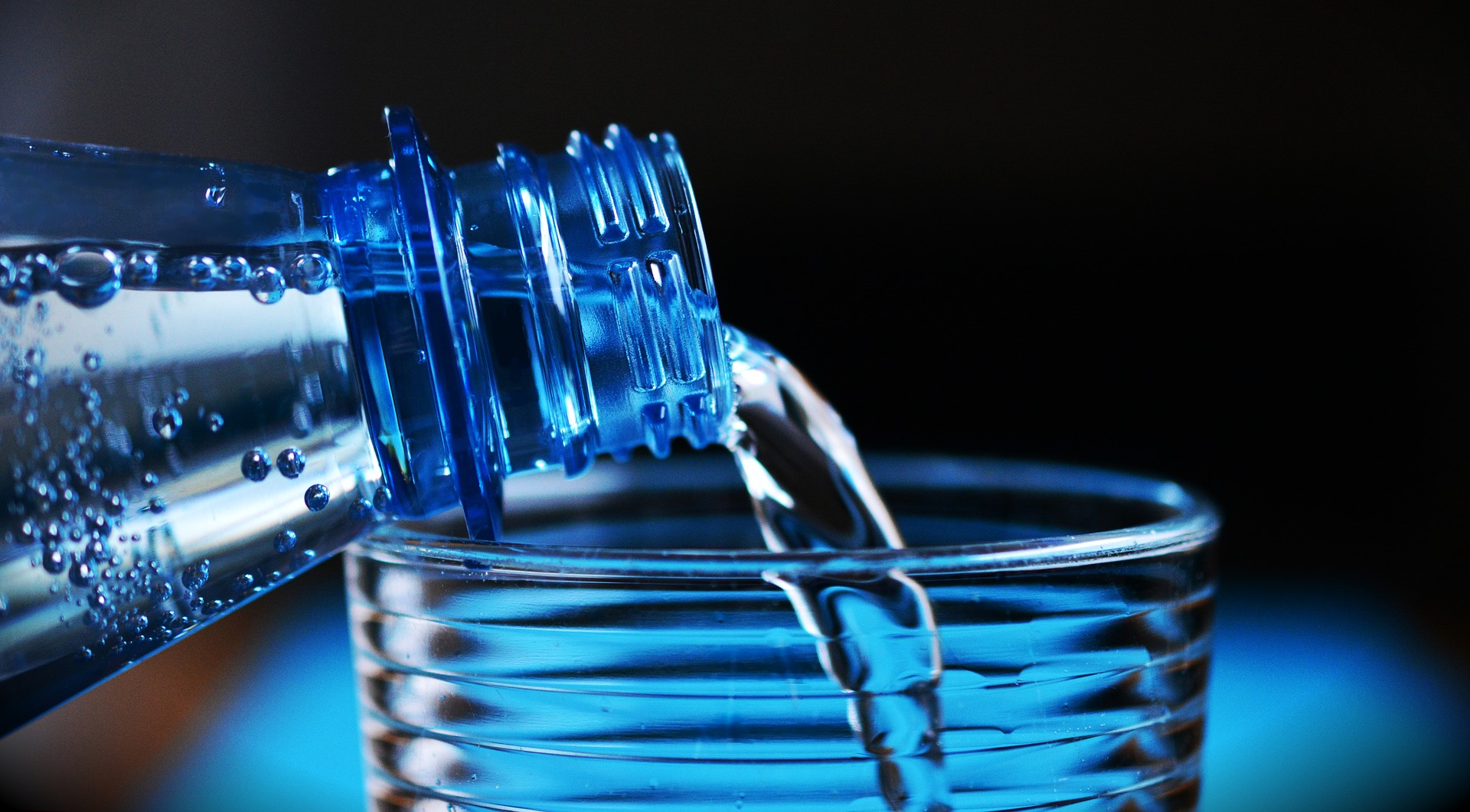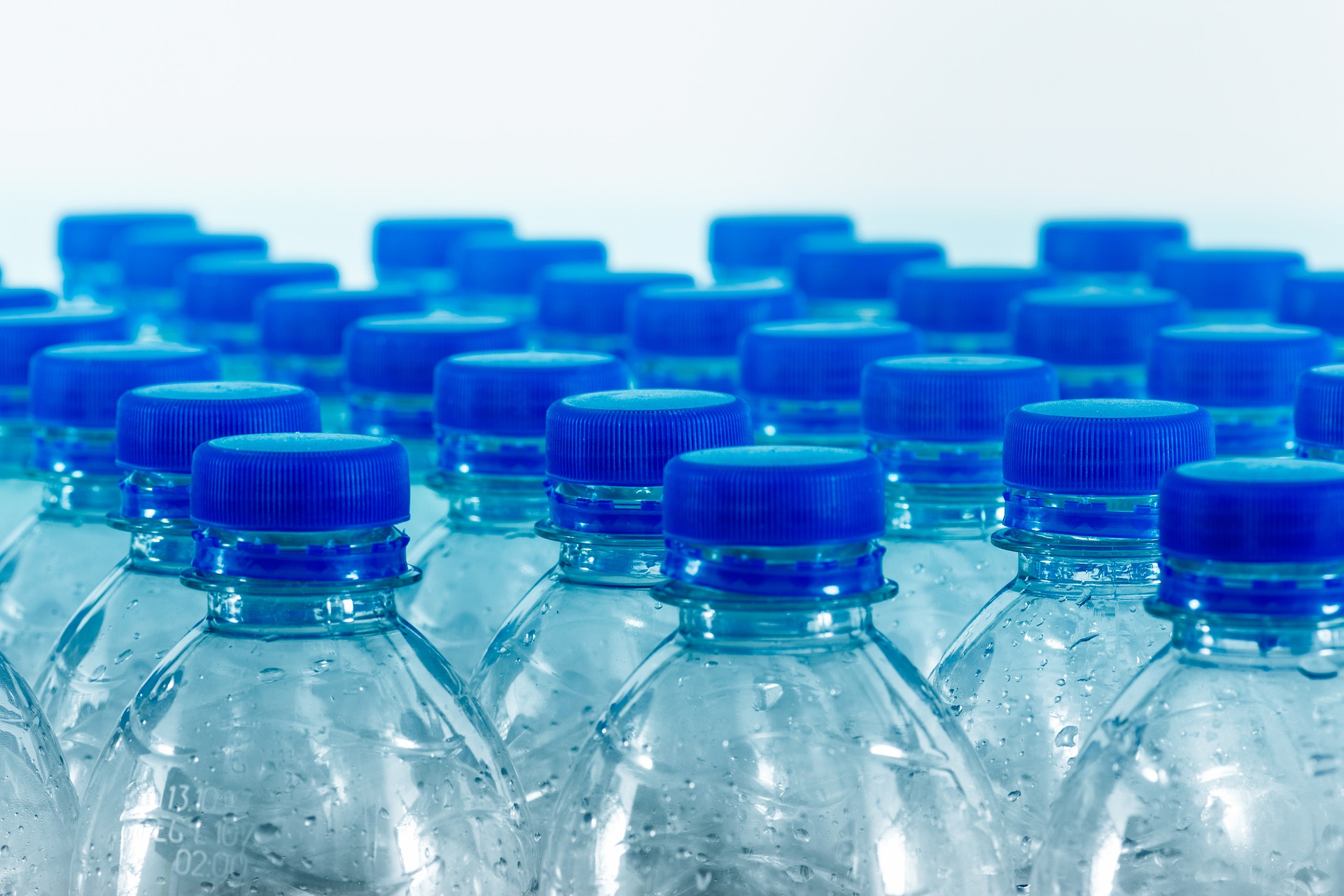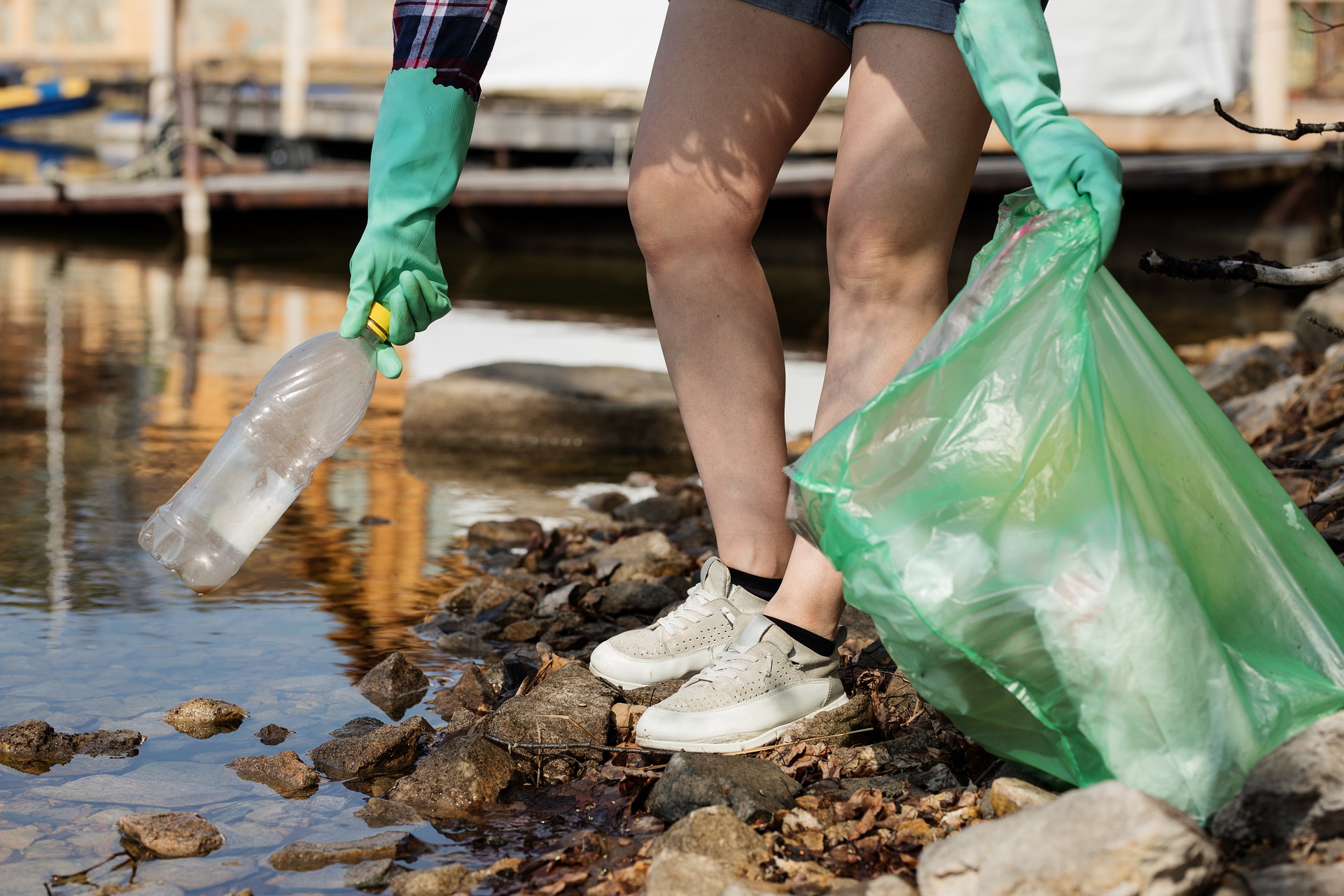
- Vitalii Homon
- March 19, 2021
- Ask Eartha
Dear Eartha, I often see people at the grocery store purchasing two or three cases of bottled water. Don’t we have good drinking water here in the county? What’s with all the unnecessary plastic?
In 2016, sales of bottled water surpassed soft drink sales in the United States. That year, the world was awakened to the fact that our plastic habit is a crisis clogging our waterways, polluting the oceans, and littering the interior of our country. Plastic bottles of water are the evil nemesis of local and global environmental stewardship.

So why bottled water instead of tap water?
Many factors contribute to the world’s plastic addiction, which dates back to 1973 and the patent of the first PET(Polyethylene terephthalate) bottle by Dupont Scientist Nathaniel Wyeth. A bottled water craze followed. Bottled water was embraced by billions of people in developing countries with limited access to clean water. But it didn’t stop there. Corporate boardrooms, local gyms and pop-culture icons clung to all manner of bottled water marketed by fashionable beverage corporations.
Furthermore, the public’s confidence and trust in municipal water filtration systems and supply had been eroded by the corruption and inaccuracies spewed by some politicians. The bait-and-switch on contamination levels and water supply chains fed public distrust. Today many Americans – including the shoppers you see in local stores – turn to bottled water as a blanket solution for clean drinking water.
The environmental impact
On a global scale, one million plastic beverage bottles are purchased every minute, according to data fromEuromonitor International’s global packaging trends report published in 2017 by The Guardian. This is terrifying, especially  when you consider that producing single-use plastic bottles requires up to 47 million gallons of oil per year. Less than 20 percent of those plastic bottles are recycled, which equates to some 1.5 million tons of plastic waste generated annually.
when you consider that producing single-use plastic bottles requires up to 47 million gallons of oil per year. Less than 20 percent of those plastic bottles are recycled, which equates to some 1.5 million tons of plastic waste generated annually.
The bottled water and beverage aisle at the grocery stores are packed three or four shelves high with endless brands and varieties of bottled water. Some bottled water comes from springs; more than 25 percent of bottled water comes from other municipal supplies. For instance, just 60 miles south of Breckenridge, Chaffee County is rethinking a measure that allows global-conglomerate Nestle Waters to pump, truck, bottle, and sell up to 65 million gallons of water a year from the Arkansas River.
Top of the water food-chain
“What many visitors don’t know is that the raw water that we treat comes from the Blue River basin and is mostly snowmelt. It is very good water quality,” says Gregg Altimari, Breckenridge Water Division Assistant Manager.
In fact, most of the county is at the top of the water food-chain. According to the Blue River Watershed Water Efficiency Plan surface water, or streamflow, supplies 83 percent of Summit County’s water demands.
When you drink water from the tap, you’re not only taking advantage of Summit County’s high-quality drinking water, you’re reducing waste. Be sure to carry a reusable bottle with you to work, school, and on vacation. If you must buy water, choose aluminum cans over plastic when possible and recycle plastic bottles (and aluminum cans). Visit our Recycling in Summit County page for more information and a map of local recycling centers.
